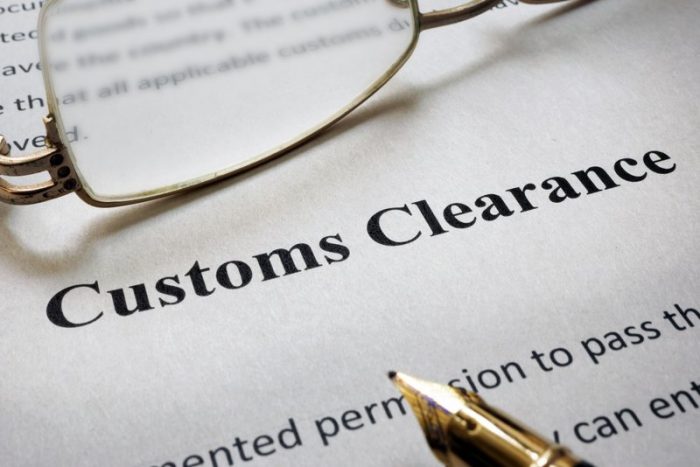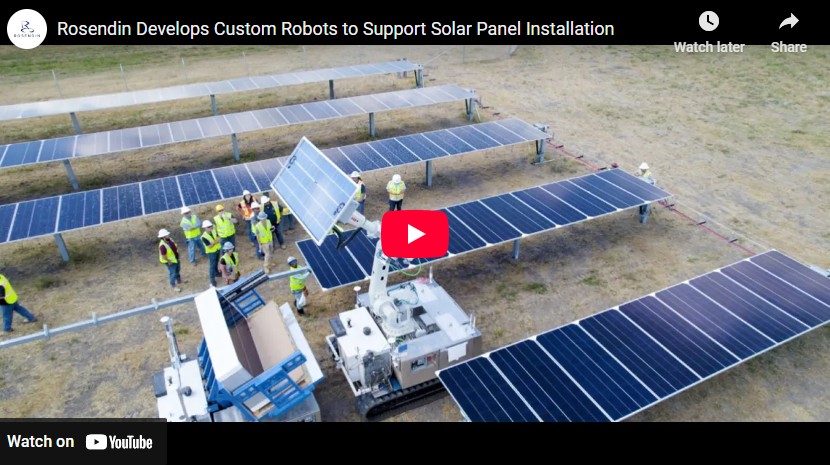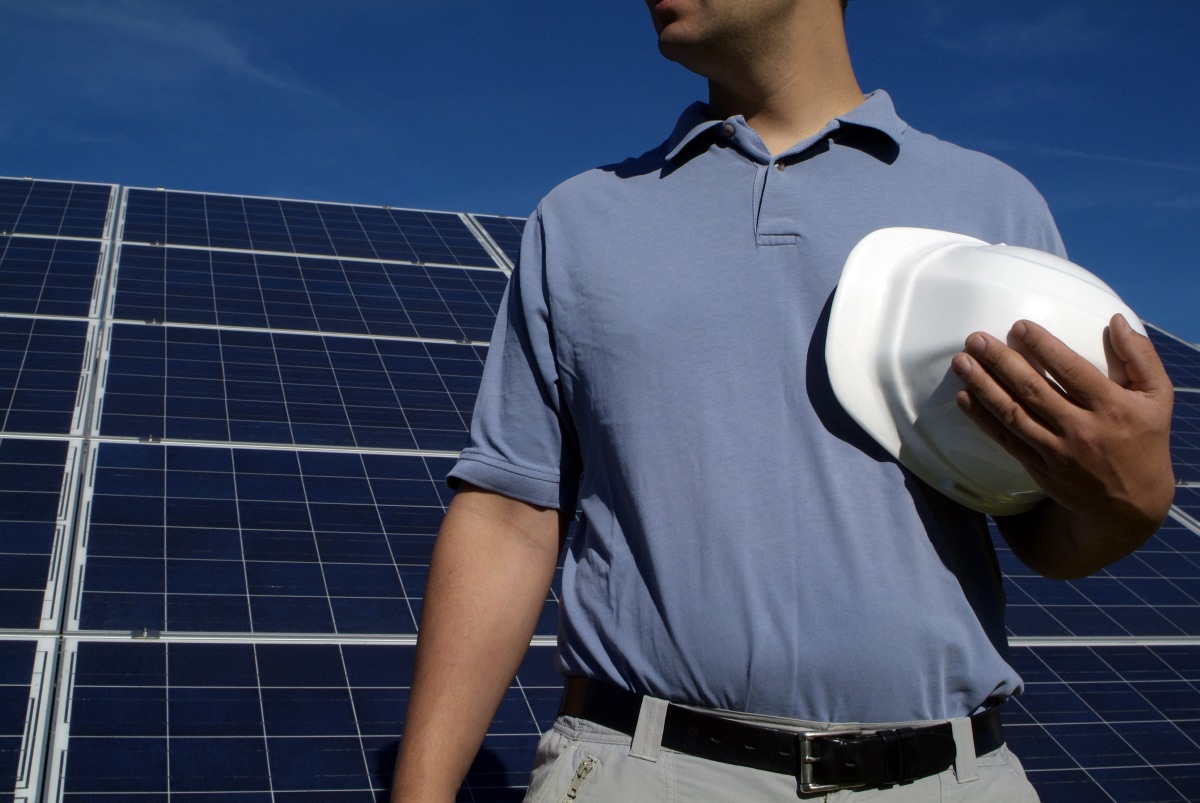Reports: Customs detaining solar modules, more tariff petitions filed

Our look at the polysilicon traceability issue in our Consider the Source feature ended on a somewhat optimistic note. It explained the Traceability Protocol developed by SEIA and CEA, how following it would show Customs officials what they need to see, and how supply chain transparency was already emerging. That all remains true, but right now, supply chain issues and angst continue to mount.
First off, reports are rolling in that modules are being detained by Customs. Four of Canadian Solar’s sample modules shipped from China to its U.S. office were held by officials last week due to a sourcing issue, according to Bloomberg. “While the number of imports affected was limited, ‘it seems that all solar module shipments from China are detained’ by U.S. Customs and Border Protection, a Canadian Solar spokesperson said Monday. Roth Capital Partners also said that JinkoSolar had around 40 to 100 MW (conflicting numbers being reported) of product detained by border agents, according to various reports. The analyst said that Jinko may not ship hundreds of megawatts of capacity to the U.S. as long as the customs inquiry is in process.
Those reports might be tied to the Customs and Border Protection (CBP) expanding its enforcement action regarding the withhold release order (WRO) on silica from China’s Xinjiang Uyghur Autonomous Region (Xinjiang) due to forced labor concerns.
“Although we do not yet know the full scope of this action, we understand that a significant portion of at least one major supplier’s imports are being detained by CBP,” noted SEIA CEO Abigail Ross Hopper in an email Tuesday. “Presumably, CBP believes these imports were made from quartzite and/or silicon metal subject to the WRO. The affected importer must now either re-export the subject merchandise or file a petition establishing that the imports do not contain subject silica products.”
Also, tariffs. Meanwhile, more domestic companies are following the example of Auxin Solar and Suniva and petitioning the U.S. Department of Commerce seeking new tariffs on solar cell and module imports into the United States from Malaysia, Vietnam, and Thailand. Their names are considered confidential right now, but they allege that solar cell and module manufacturers with operations in China are attempting to circumvent the existing antidumping and countervailing duty (AD/CVD) orders on cells and modules from China.
SEIA is concerned about both of these developments. “While we are still assessing the potential impact of these petitions, the disruption to the U.S. solar market could be severe,” Hopper said. “More immediately, we have strongly cautioned the Administration against overly broad enforcement action on forced labor. While border enforcement measures are essential to protecting our country’s values and economic well-being, they can be a blunt instrument. We have developed an alternative solution to broad enforcement action which would significantly lower the risk of forced labor in the solar supply chain, without unnecessarily harming companies that are committed to forced labor prevention. We are in the process of presenting this solution to the U.S. government at the highest level.”





Comments are closed here.